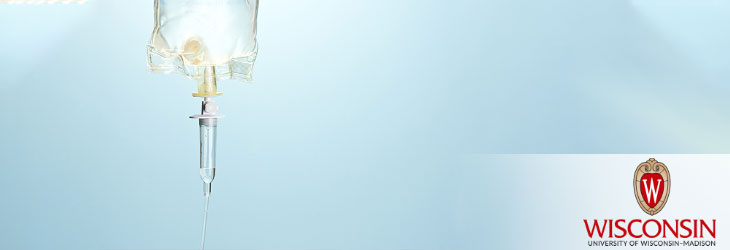Drug Delivery

Method for Generating Primate Trophoblasts
WARF: W03002US
Inventors: James Thomson, Ren-He Xu
Overview
Embryonic stem cells are undifferentiated cells that can differentiate into a number of progenitor cell types. A trophoblast is a differentiated cell that is a precursor of the cells which participate in forming the human placenta. Trophoblast cells are difficult to isolate and are not readily available for research.
The Invention
UW-Madison researchers have developed the first method to cause a culture of primate embryonic stem cells to repeatedly, directly and uniformly differentiate into trophoblast cells. Treating primate (non-human and human) embryonic stem cells with a single protein induction factor causes the cells to transform into trophoblast cells. Several protein factors, including bone morphogenic protein (BMP) 4, BMP2, BMP7 and growth and differentiation factor 5, can serve as trophoblast-induction factors. Trophoblast cells are created directly from embryonic stem cells without the intervening step of forming an embryoid body. This method results in a stable and nearly pure culture of primate trophoblast cells.
Applications
- Provides a reproducible and nearly inexhaustible supply of placental precursor cells
- Useful for pharmaceutical investigations
- May aid development of contraceptive drugs targeting embryo implantation
- May aid development of therapeutics for preventing placenta-related birth defects
Key Benefits
- Enables the creation of cultures of nearly pure human trophoblasts in a uniform and reproducible manner
- Trophoblast cells are stable and exhibit all the cellular characteristics of placental precursor cells.
Additional Information
For More Information About the Inventors
Tech Fields
For current licensing status, please contact Andy DeTienne at [javascript protected email address] or 608-960-9857